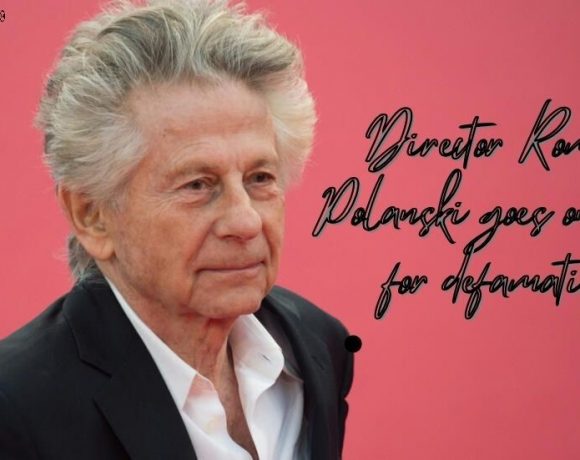
The UK’s Financial Conduct Authority (FCA) has announced an investigation into potential conflicts of interest at firms managing private assets, warning of possible adverse impacts on investors. As money managers shift focus to private markets—such as infrastructure and credit funds—amid declining interest in actively-managed stocks, the regulator aims to ensure that investor interests are not compromised. Unlike publicly-traded assets, private market investments lack liquidity and price transparency, heightening risks for investors.
In a letter to market participants, the FCA highlighted concerns over firms operating in overlapping business lines, which could lead to conflicts of interest. The regulator will evaluate how firms implement their conflict-of-interest frameworks and expects updated procedures to manage these risks as private markets expand. The FCA emphasized that governance bodies must oversee these frameworks effectively to protect investor outcomes.
Additionally, the FCA published a speech by its executive director, Sarah Pritchard, addressing leverage-related risks in private markets. Speaking at an Investment Association roundtable, Pritchard acknowledged that leverage supports well-functioning markets but warned of vulnerabilities when poorly managed. She cautioned that excessive leverage, lack of transparency, or concentrated risks could amplify instability and erode confidence during economic shocks.
Pic Courtesy: google/ images are subject to copyright









